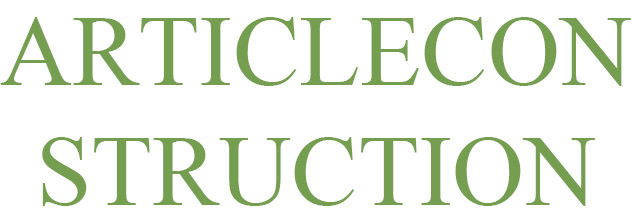commercial plywood types
Understanding Different Grades of Plywood
When selecting plywood for commercial projects, understanding the various grades is essential. Grades range from A to D, with A being the highest quality. Grade A plywood features a smooth surface and minimal imperfections, making it ideal for visible applications like cabinetry and furniture. Grade B allows some minor imperfections, while Grade C and D are suited for structural use where appearance is less critical.
If you are looking for more details, kindly visit commercial plywood types.
Key Characteristics of High-Quality Plywood
Several factors define high-quality commercial plywood types. These include the type of wood used, the adhesive quality, the grain pattern, and the overall durability. High-quality plywood often uses hardwood layers and strong adhesives to withstand moisture and heavy loads, making it suitable for furniture, flooring, and high-traffic areas.
Structural vs. Interior Plywood
Understanding the distinction between structural and interior plywood can guide your choice. Structural plywood, such as marine-grade or exterior-grade, is designed to resist weather elements, making it perfect for outdoor applications or areas with high humidity. Conversely, interior plywood types are apt for non-exposed applications where the environment is controlled.
Common Types of Plywood
Several types are widely used in commercial settings:
- Hardwood Plywood: Known for its strength and durability, it's often used in making furniture surfaces and cabinetry.
- Softwood Plywood: Typically cheaper, it works well in construction and is suitable for subfloors and sheathing.
- Marine Plywood: Treated for water resistance, this type is essential in boat construction and other marine applications.
- Birch Plywood: Valued for its fine finish and strength, it's frequently used in furniture and cabinetry.
Factors to Consider When Choosing Plywood
Choosing the right plywood involves balancing quality, cost, and application needs. The thickness of the plywood is also critical; thicker sheets typically offer more strength but can be heavier and more expensive. Consider the finish required and the potential need for additional treatments to enhance durability when exposed to moisture or heat.
Eco-Friendly Options in Plywood
Sustainability is becoming increasingly important in the commercial sector. Look for plywood certified by the Forest Stewardship Council (FSC), which ensures responsible forest management. Additionally, consider the availability of bamboo plywood, a fast-growing and sustainable alternative celebrated for its strength and aesthetic appeal.
Conclusion
Identifying the right commercial plywood types is crucial for the success of any building project. By understanding the grades and types available, you can select a product that meets both your functional and aesthetic needs. With careful consideration of quality, application, and sustainability, your plywood choice can significantly enhance the durability and appearance of your construction projects.
Contact us to discuss your requirements of film faced plywood manufacturer. Our experienced sales team can help you identify the options that best suit your needs.



